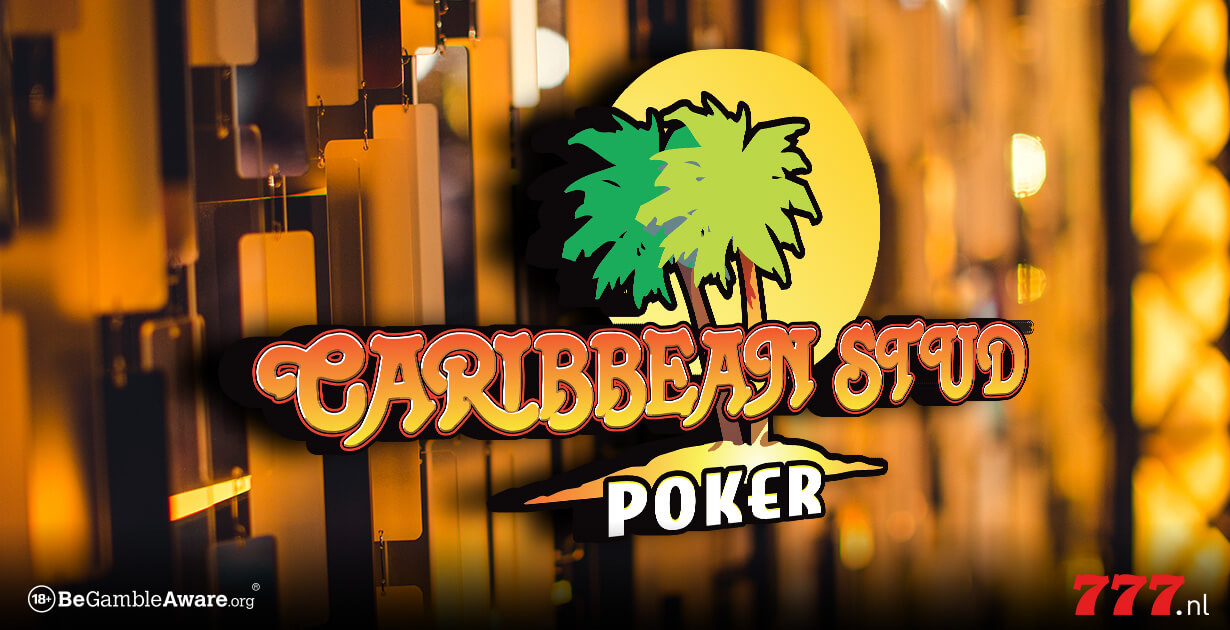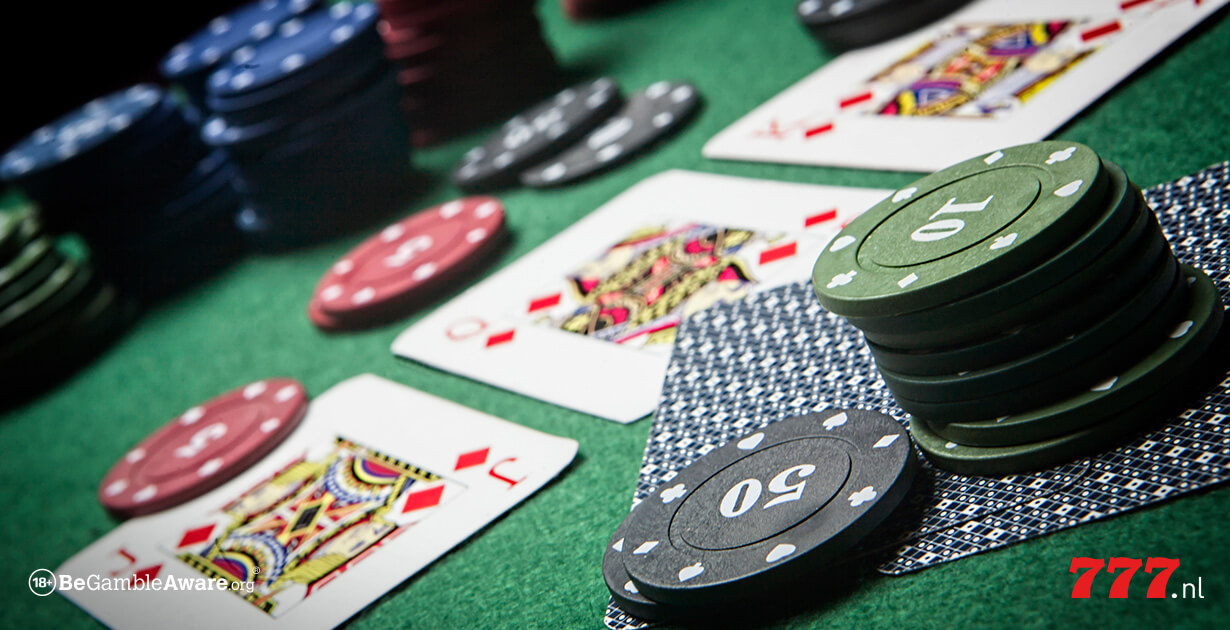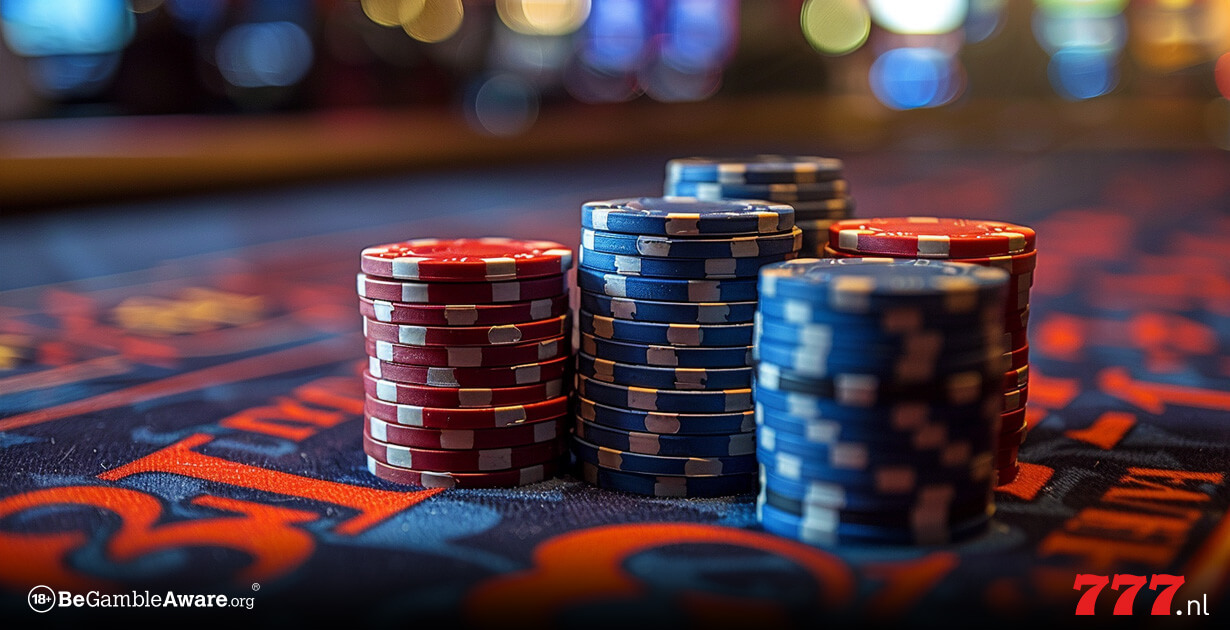Caribbean Stud Poker, also known as casino stud poker, is a popular card game found in many casinos worldwide, including in the Netherlands. The main difference from traditional poker forms such as Texas Hold’em or Omaha is that in Caribbean Stud, you play against the casino itself, not other players. This eliminates elements like bluffing and deceiving, which are typical in poker, because there is no interaction with other players at the table.
The Origin of the Game
While the exact origin of Caribbean Stud Poker is not clearly documented, it is believed that the game made its debut in the 1980s. Renowned professional poker player David Sklansky claims that he invented the first version of the game, which he named “Casino Poker”, in 1982. His version had some differences from the current game, such as the dealer having two cards revealed instead of just one. The game underwent adjustments and was eventually patented by someone else in Aruba, where it was named Caribbean Stud Poker.
How to Play Caribbean Stud Poker?
Betting and the Deal
Each round of Caribbean Stud Poker starts with a bet, known as the ‘ante’. Players place their ante on a marked spot on the playing table. In addition to the ante, players can also choose to participate in the progressive jackpot, which often requires a separate bet. The dealer then deals five cards to each player, all face down, and the dealer himself also receives five cards, of which he reveals one.
Player Decisions
After viewing their cards, players decide whether to play or fold. If a player decides to play, they place an additional bet, known as the ‘raise’, which is usually double the ante. Those who fold lose their ante.
Handling the Hand
After all decisions are made, the dealer reveals the rest of his cards. The dealer only plays if he has a hand that includes at least an ace and a king, or a pair or higher. The dealer then compares his hand with the players’ hands. If a player has a stronger hand, they win; if not, the player loses both the ante and the raise.
Calculation of Winnings in Caribbean Stud Poker
In Caribbean Stud Poker, the payout depends on the player’s hand compared to that of the dealer and the specific payout table used by the casino. Let’s consider a situation where the dealer has a pair of tens and the player has a full house.
The Showdown and Payout
Once the dealer and the player have shown their cards, the winner is determined. If the dealer qualifies (he plays with a pair of tens or better), the hands are compared. In our scenario, the player has a full house, which is considerably stronger than a pair of tens.
- Ante Payout: If the player wins, he receives his ante bet back at a 1:1 ratio. For example, if he had bet €10, he would get €10 plus his original bet back.
- Raise Payout: The payout on the raise depends on the strength of the player’s hand. For a full house, the typical payout is 7:1. Thus, if the player had placed his raise of, for example, €20, he would win €140 plus his original raise.
Special Considerations
- Progressive Jackpot: If the player had chosen to bet on the progressive jackpot and he wins with a strong hand such as a full house, he could potentially receive an additional payout depending on the jackpot rules of that specific casino.
- Dealer Does Not Qualify: If the dealer does not qualify (for example, if he only has a high card and no pair), then the player wins only his ante back at a 1:1 ratio, and the raise bet is returned (push).
In Caribbean Stud Poker, it is therefore important not only to assess your own hand strength but also to anticipate the dealer’s ability to qualify. With this strategic consideration, players can make better decisions on when to place the raise or when it might be better to fold.
Popularity of the Game
Caribbean Stud Poker is particularly popular due to its simple rules and the potential for large payouts, including progressive jackpots that can reach substantial amounts. The game is attractive because it has a quick learning curve and players do not have to compete against more experienced opponents, making it ideal for both beginners and experienced casino visitors.
Conclusion
Caribbean Stud Poker offers an exciting variation on traditional poker with the chance for substantial winnings. Whether you are a beginner or a seasoned poker player, the unique dynamics and the challenge of playing against the house rather than other players provide an engaging and entertaining experience. It’s no wonder that this game has become a firm favourite among casino game enthusiasts in both brick-and-mortar and online casinos.
Frequently Asked Questions about Caribbean Stud Poker
What is the main difference between Caribbean Stud Poker and traditional poker?
The main difference is that Caribbean Stud Poker is played against the house (the dealer), not against other players. This means that strategies such as bluffing and other forms of deception common in traditional poker do not play a role here.
How does the dealer qualify in Caribbean Stud Poker?
The dealer qualifies in Caribbean Stud Poker if he has a hand that includes at least an Ace and a King, or a pair or better. If the dealer does not qualify, the ante bet pays out at 1:1 and the raise bet is returned (push) to the players.
What happens if both the dealer and the player have the same hand?
If both the dealer and the player have the same hand, the result is a push. The player gets both his ante and raise bets back, without any additional win.
Can I win the progressive jackpot in Caribbean Stud Poker?
Yes, players can choose to bet on the progressive jackpot by placing an additional bet at the start of the game. The payout of the jackpot depends on the strength of the player’s hand. For example, a Royal Flush can pay out 100% of the jackpot, while a Straight Flush may pay out a smaller percentage.




